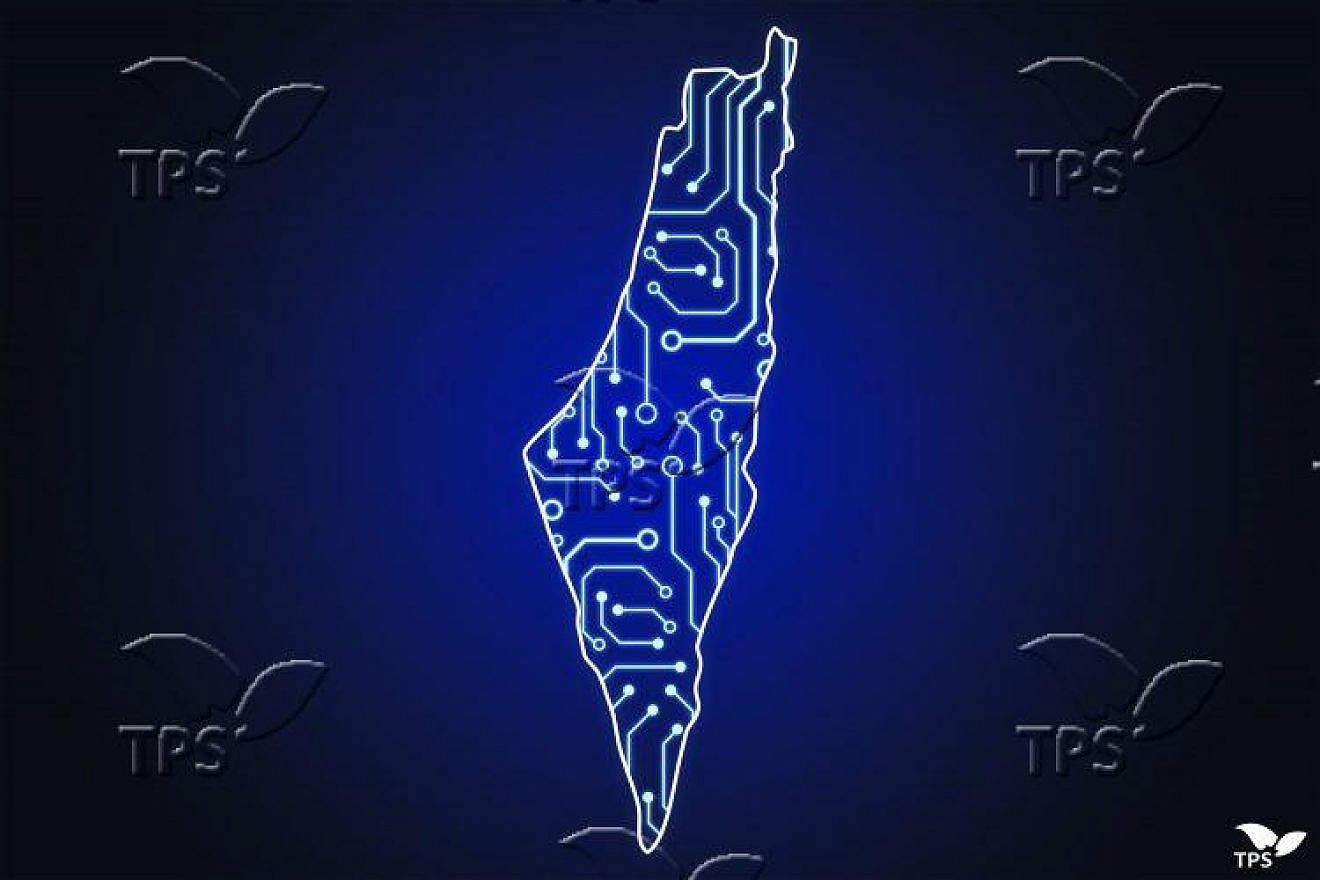Despite the challenges judicial reform protests and the war against Hamas posed for the Israeli economy, the Jewish state’s high-tech industry emerged from 2023 with remarkable strength, according to a report issued on Monday.
“The most important insight is that innovation still thrives, customers receive the services, the products are delivered and Israel is open for business,” said Avi Hasson, the CEO of Startup Nation Central, a Tel Aviv-based nonprofit.
“Israeli high-tech returned to the state of the year 2019, prior to the Covid-19 outbreak, which indicates its strong resistance to crises,” said Hasson. “Despite the upheavals in the global landscape and the domestic arena, the Israeli tech ecosystem demonstrated resilience, positioning itself for continued success in the coming year.”
The report showed a 55% decline in private investments in the Israeli ecosystem, indicating a challenging environment, although Hasson explains that the decrease in investments observed in the report was primarily driven by local rather than foreign investors. However, he expressed confidence in the rebound of Israeli investors.
“Israeli investors who have funds that they raised in previous years, but were less active lately, will have no choice but to activate them this year. This is the nature of the business. Some people say the opposite. Beforehand, they didn’t invest in Israel because the prices were crazy high, and now—when the prices are becoming reasonable and there is room for amazing growth in the Israeli high-tech market—they are interested to invest,” he said.
The report also indicates that investors are less confident in the upcoming year, with 52% expecting a decrease in investments in 2024.
However, said Hasson, “This is not necessarily what will happen. The survey is ultimately not about data, it reveals primarily the sentiment, and the sentiment now seems more optimistic than pessimistic as new companies are emerging. In recent years the number of startups has been decreasing and now there could be a startup boom this year despite the situation.”
Israeli cybersecurity emerged as a standout performer in 2023 and is expected to maintain its strength in 2024. As the ongoing shift in innovation cycles moves from mobile and internet dominance to artificial intelligence (AI), Israeli cybersecurity companies are adept at navigating these transitions and are well-positioned for continued success, the report said.
Addressing the impact of the Gaza war, Hasson acknowledged that escalation along the Lebanon border could influence the industry’s trajectory.
But he added, “Most of the high-tech companies are not situated in war zones, so we see the functional continuity of the business. Also, most of the support for Israeli companies is strategic and it remains true even now. The talent and the type of innovation that Israel has are still very unique, so Israel remains the place both investors and companies are interested to stay in.”
He stressed that Israeli high-tech’s continuity has shown resilience and adaptiveness in the face of thousands of industry workers being called up for reserve duty.
“These days the hi-tech community talks about their obligation to build the country, be part of its development. It’s a very different sentiment from what we have seen during the protests against the judicial reform when they talked about possible relocation. This kind of involvement of high-tech activism in our lives will stay with us in the upcoming year,” he said.


























